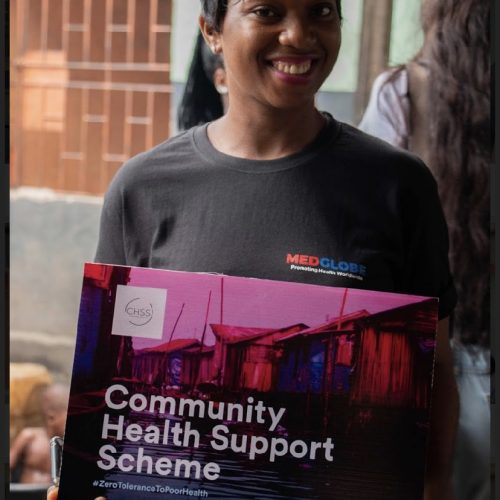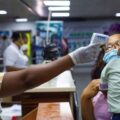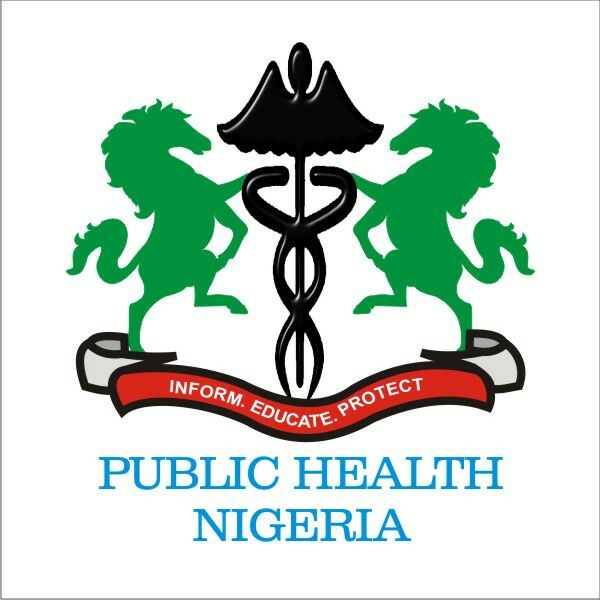Public health is defined as the science of protecting the safety and improving the health of communities through education, policy making and research for disease and injury prevention.
The definition of public health is different for every person. Whether you like to crunch numbers, conduct laboratory or field research, formulate policy, or work directly with people to help improve their health, there is a place for you in the field of public health. Being a public health professional enables you to work around the world, address health problems of communities as a whole, and influence policies that affect the health of societies.
What Can An Individual Do To Further Public Health?
You don’t have to be a public health professional to advance the fortunes of public health. Public health focuses on improving and protecting community health and well-being, with an emphasis on prevention among large groups of people.
Most of us rarely think about these roles until a crisis, such as a devastating hurricane, captures our attention. Public health initiatives such as vaccinations, family planning, motor vehicle safety laws, and clean air and water policies have increased life expectancy in the by nearly 30 years. Some of the things you can do as an individual to further public health include;
Volunteering for Public health endeavors: Without volunteers to rely on, it is hard to imagine how the public health industry could fulfill its mission. The impact of volunteerism goes far beyond the doctors and nurses who volunteer their time and expertise to free clinics. Many people who want to help others do not need health care experience to support efforts like educating the public about health and safety issues, answering phones at clinics and health hotlines, or delivering meals to seniors.
Share and Promote Public Health Information: This involves using a variety of communication channels including social media to allow health messages to shape mass media or interpersonal, small group, or community level campaigns. Public health education and communication strategies aim to change people’s knowledge, attitudes, and/or behaviors; for example: increase risk perception, reinforce positive behaviors, influence social norms, increase availability of support and needed services and empower individuals to change or improve their health conditions. The importance of data and information sharing for the prevention and control of infectious diseases has long been recognized. READ: What Public Health Policies Help Prevent Communicable Diseases
Donation to Public Health initiatives and programs: Donating to the causes you care about not only benefits the charities themselves, it can be deeply rewarding for you too. Millions of people give to charity on a regular basis to support causes they believe in, as well as for the positive effect it has on their own lives. According to the Foundation Center report “Key Facts on U.S. Foundations,” there were more than 81,700 foundations in 2011 with $49 billion in giving. Of these foundations, 50 percent reported funding issues important to public health, with total giving of more than $12 billion.
Become a Visible Blood Donor: Visible blood donors often refer to blood donation as a “civic duty”. There’s no doubt that donating blood can do a lot of good: Donating just one pint of blood can save more than one person’s life, according to the American Red Cross. Mass casualty events command the public’s attention and resources, but there are other emergencies that require blood happening every day — from car crashes and drownings to hurricanes and heat waves. Not as many people tend to line up for those, however.
And as the COVID-19 pandemic forces hundreds of thousands of blood donors to cancel appointments, the need for blood is even more extreme. Regular blood supply is integral to meeting patients’ needs, but blood containing COVID-19 antibodies can also help treat current coronavirus patients.
Beyond the activities listed above a person can personally seek out ways to support populations that may be exposed to higher levels of poverty, homelessness, substance abuse, and other risk factors.






